Birdnote.org, etc.
Busy day in our country today, so I’m cheating a bit and just making announcements and reposting from elsewhere.
First, I have been meaning to tell you about two upcoming readings — as it is National Poetry Month, there are many, all over the place —
- I’ll be reading at Edmonds Bookshop on Thursday, April 17, 6:30 p.m., with four other poets from David D. Horowitz’s Rose Alley Press; besides David and myself, you can hear Carolyne Wright, Jane Alynn, and Jed Meyers, 10 minutes each. It will be fun.
- I am a featured poet at Everett Poetry Night‘s open mike on Monday, April 21. This is scheduled 5-8 p.m., and, yes, I have been there before, but I don’t think it begins at 5:00. More like gathering begins. People grab food and drink and chat. When I tried to pin this down (I can’t be there until 5:30), host Duane Kirby Jensen said, “Show up when you can!” Everett Poetry Night has a page on Facebook, too, but after Nov. 5, I left Facebook so can’t send you there to fact-check me.
I was up early this morning and read a chapbook that I am preparing to review for Escape Into Life (EIL). Rather than try to come up with another book, and a post here, I am reposting the April 4 episode of Bird Note, featuring none other than my dear friend, poet, and Empty Bowl Press editor Holly Hughes.
It is 11 minutes — features 3 of Holly’s poems from Passings (click on this link to see my review of Passings) — and is so so worth it.
https://birdnote.org/podcasts/birdnote-daily/poet-holly-j-hughes-honors-birds-weve-lost
At Holly’s website she includes a quote from Jane Hirshfield, “Poetry is the practice of attention.” So is all of life, a  lesson that our poems might teach others.
lesson that our poems might teach others.
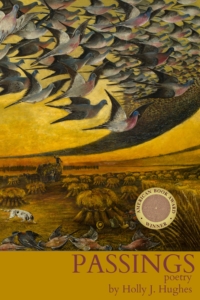

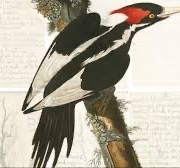
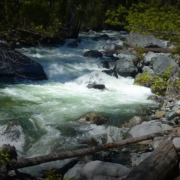
 I’m not pushing myself to do the usual blog reviews (though some may ensue), just this: one book, one poem.
I’m not pushing myself to do the usual blog reviews (though some may ensue), just this: one book, one poem.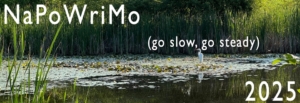
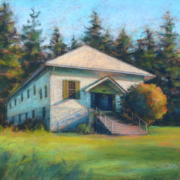

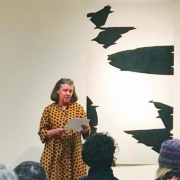
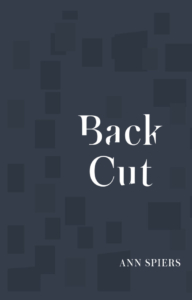 The cover is black, but has darker blocks set into the background. The title, in white letters, is partly cut away.
The cover is black, but has darker blocks set into the background. The title, in white letters, is partly cut away.